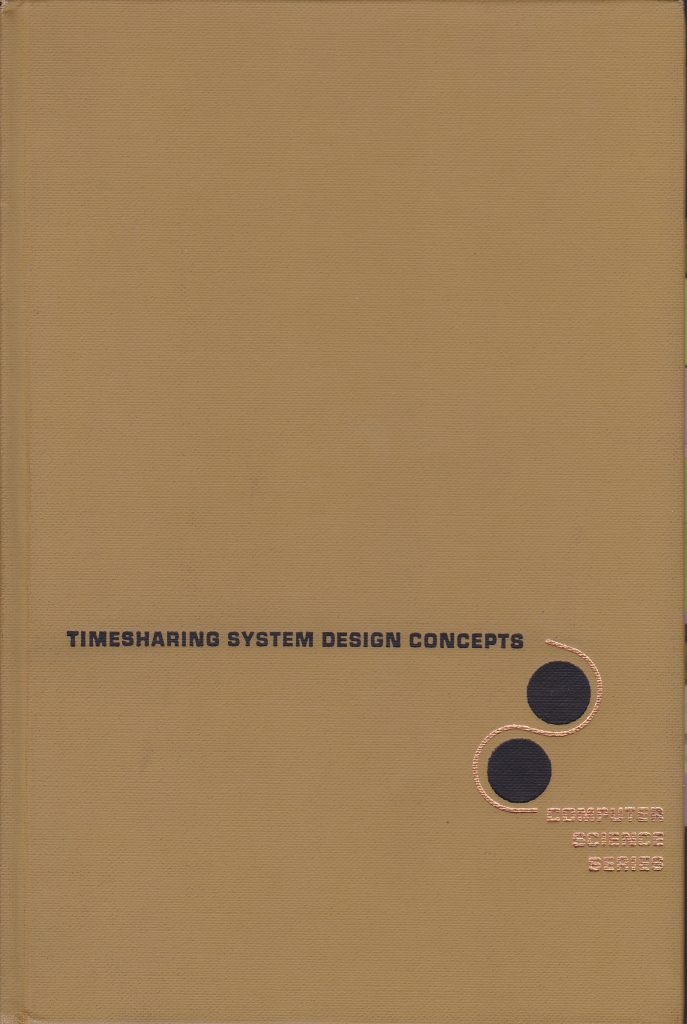When I recently turned 50, a friend of mine gave me a book that was about as old as me – Timesharing System Design Concepts, by Richard W Watson. The copyright date is 1970, but the publishing date found online 1971. The book covers the hardware support and software techniques needed to provide multiple users with simultaneous access to a computer system. Typically, using remote teletype terminals. It is a wonderful book, reflecting on the state of computer technology around 1970. It shows both how many of the basic concepts we still use today were already in use back then, but at the same time just how far we have evolved computing since.



 Integration is hard, that is well-known. For computer chip and system-on-chip design, integration has to be done pre-silicon in order to find integration issues early so that designs can be updated without expensive silicon re-spins. Such integration involves a lot of pieces and many cross-connections, and in order to do integration pre-silicon, we need a virtual platform.
Integration is hard, that is well-known. For computer chip and system-on-chip design, integration has to be done pre-silicon in order to find integration issues early so that designs can be updated without expensive silicon re-spins. Such integration involves a lot of pieces and many cross-connections, and in order to do integration pre-silicon, we need a virtual platform. About two months ago,
About two months ago, 